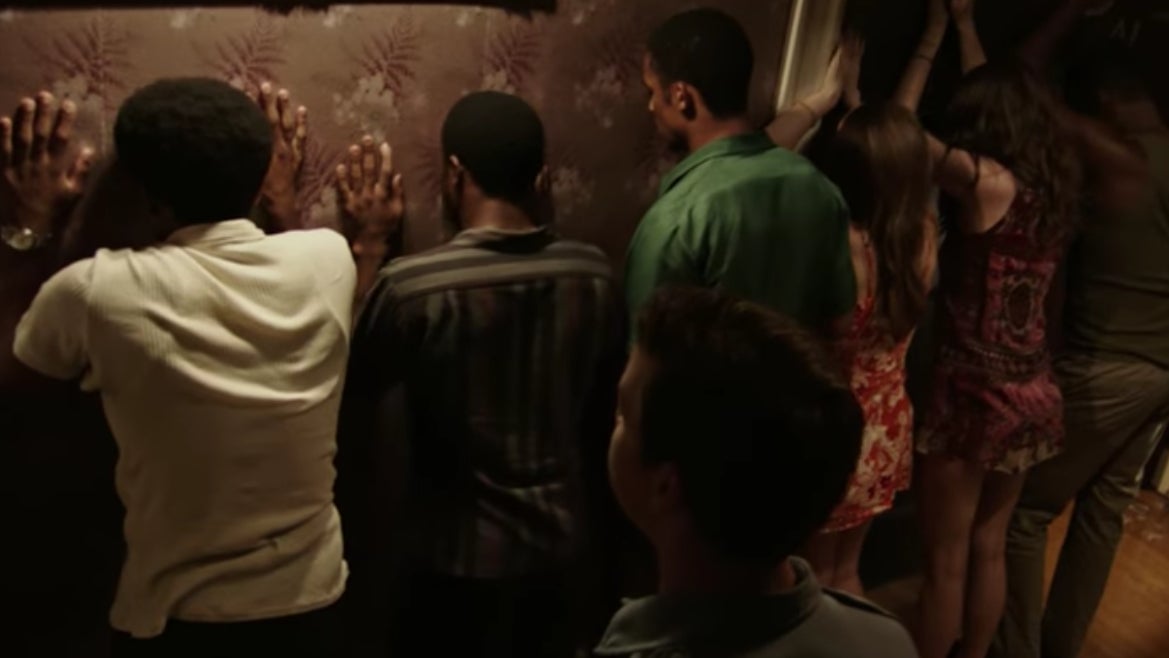Kathryn Bigelow’s new film “Detroit” tells the horrifying true story of the “Algiers Motel Incident”
In 1967, on a hot summer night in Detroit, Michigan, three young black men were murdered in a motel by white police officers. Two days earlier, police had raided an unlicensed speakeasy a mile away and arrested its 82 black patrons, triggering one of the bloodiest civil disturbances in American history.


In 1967, on a hot summer night in Detroit, Michigan, three young black men were murdered in a motel by white police officers. Two days earlier, police had raided an unlicensed speakeasy a mile away and arrested its 82 black patrons, triggering one of the bloodiest civil disturbances in American history.
“The Algiers Motel Incident” sounds like it should be the title of a horror film—one of those obscure indie projects about an unexplainable alien or ghostly encounter at a rundown lodge off the interstate. The real-life incident had no such supernatural element, but was even more horrifying. And it still seems all too familiar 50 years later.
The murders, and the 1967 Detroit riot during which they occurred, are the subjects of Zero Dark Thirty director Kathryn Bigelow’s next film, Detroit. Its first trailer documents the Algiers Motel Incident in awful detail, as a group of young black men and women seek refuge in the motel during the riots, only to be attacked and rounded up by police as if they were enemy insurgents. Star Wars‘ John Boyega stars as a black police officer trying to mediate a situation quickly deteriorating into chaos.
Bigelow’s film appears to have hewn quite closely to the true story. According to reports from journalists at the time, local police and Michigan Army National Guard charged with protecting the motel heard gunfire inside and claimed they were being fired upon.
The truth was far less sinister, a 1968 New York Review of Books story explained:
So far as any investigator has been able to discover, the shots heard were from a starting-pistol used to begin track events, which the young men were playing with, mocking the hyperactivity of the police during the early stages of the riot. Even this pistol has not been recovered; and the survivors have given conflicting testimony about its use; it would, in any case, have been incapable of firing a bullet. All it could be used for is to signal the start of an event, or series of events.
The trailer shows police indiscriminately firing on the motel, before rounding up its occupants and demanding to know where the gun was.
It’s unclear exactly how the murders took place, but by the end of the encounter, three black men—Carl Cooper, Aubrey Pollard, and Fred Temple—were all shot dead (and several others, including women, had been beaten). A 1968 book about the incident by Pulitzer Prize-winning reporter John Hersey reported that at least two of the three men were moved to separate rooms and murdered. The third man may have been killed in the confusion as police raided the building.
None of the officers charged with the Algiers murders were ever convicted. In total, 43 people died and over 1,000 were injured in the riots.
Bigelow worked with screenwriter Mark Boal, who also wrote Zero Dark Thirty and The Hurt Locker. Known for his obsession with historical detail, Boal spent more than a year doing research to write Detroit, and reportedly championed the project. To make the movie, the two pushed back plans for a film on Bowe Bergdahl, an Army sergeant captured and held by the Taliban for five years in Afghanistan, who was the subject of the second season of the podcast Serial (which Boal also worked on).
It hasn’t escaped the notice of some that both Bigelow and Boal are white:
In any case, Detroit seems a timely reminder, and dramatization, of how little has really changed since 1967 in how black men and women are treated by US law enforcement. It hits theaters Aug. 4, and, given Bigelow’s pedigree, is likely to be an Oscars contender.